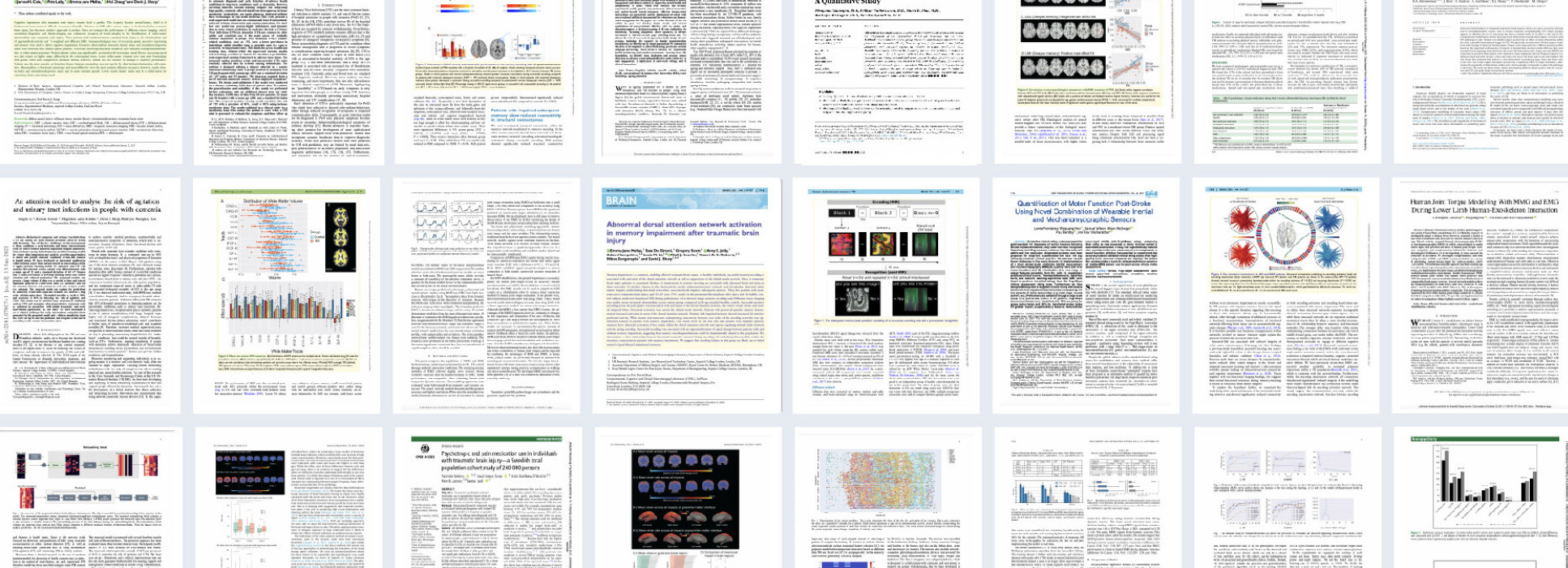BibTex format
@article{Fletcher-Lloyd:2023:10.1109/jiot.2023.3291652,
author = {Fletcher-Lloyd, N and Serban, A-I and Kolanko, M and Wingfield, D and Wilson, D and Nilforooshan, R and Barnaghi, P and Soreq, E},
doi = {10.1109/jiot.2023.3291652},
journal = {IEEE Internet of Things Journal},
title = {A Markov chain model for identifying changes in daily activity patterns of people living with dementia},
url = {http://dx.doi.org/10.1109/jiot.2023.3291652},
year = {2023}
}




